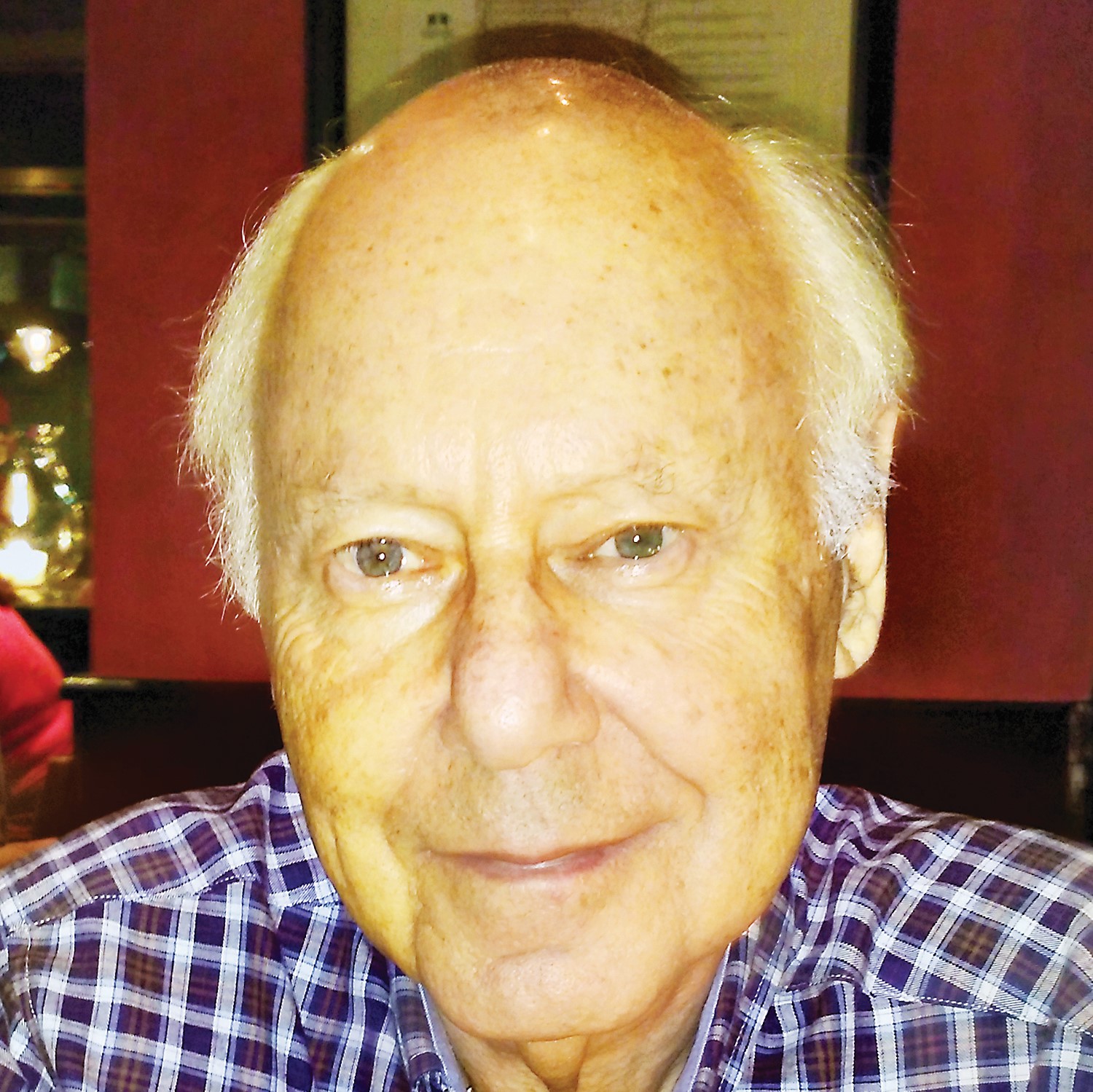
SA

Brothers – a dramatic story that stands the test of time
PETER FELDMAN
It was about an incident on a desolate farm inhabited by four brothers who had a major fall-out because one brother was left without his share of food at dinner. It resulted in a fight, and ended with one of the brothers shooting two of his siblings.
“At the time, I recognised the dramatic potential, and kept the report for possible future reference,” says Gordon. “When I decided to enter the Amstel [Playwright of the Year Award], I remembered this report which inspired the writing of Brothers.”
Gordon produced a profound and insightful play about a poor Afrikaans family in the 1950s eking out a living on a desolate, drought-stricken farm in the Cape.
Though penned in 1982, and the winner of the Amstel award at the time, the characters and scenario still resonate today because the issues presented in this super-charged production haven’t changed.
Brilliantly directed by Francois Jacobs, the play’s erudite script comes alive through the aggressive interaction of the key characters. Dark secrets are revealed, and family skeletons are unceremoniously unveiled as the play reaches its terrifying climax. Each one of the actors is superb, capturing the essence of their character and spewing dialogue that is natural and appropriate for their characterisations.
Brothers is the first revival of the play since 1982, and Victor Gordon, a retired businessman, said its present incarnation came about when he had discussions with the Market Theatre’s artistic director, James Ngcobo, about another project. He mentioned Brothers in passing, suggesting that it might be considered as the theme still had relevance today. “I was asked to give an outline of the work, which he found intriguing, and a reading was organised there and then. The rest, as the saying goes, is history.”
Gordon believes, as does Ngcobo, that the circumstances and attitudes within the play still have relevance, in spite of the passage of 70 years. “It reflects the extent to which the various ethnic groups in this country remain bonded to one another in spite of their differences and the racism that, logically, should have secured the destruction of this fragile society following the demise of apartheid. Yet, the fact that we can come together to watch this play illustrates our resilience and desire to find one another and move ahead.”
With the emergence of television in South Africa back in 1976, Gordon saw an opportunity to play a part in the development of this fledgling service as a writer. Most of the once-off dramas and series that were aired were either American, European (dubbed) or local (of which the quality was indifferent to say the least).
At that time, there were no schools teaching scriptwriting for the small screen, nor were there too many experienced writers one could turn to for advice. “I ended up purchasing books on screen-writing from which I gained an insight into the basics of the craft,” he said.
“It so happened that the SABC [South African Broadcasting Corporation], eager to promote local writing for TV, launched a competition for an hour-long movie which I entered with a screenplay titled Fever Ward, inspired by an outbreak of Marburg Fever in Johannesburg in 1970. Much to my delight, it was the joint winner, and was subsequently made into a TV movie, directed by Alan Nathanson.”
After his TV writing experiences – some not so good – Gordon lost interest in that form of the craft and decided to turn his attention to the stage. “I had no background in drama or theatre. I’ve never stood on a stage, acted, directed, or produced. However, from an early age [I wrote my first play at the age of 13], I felt an affinity for live drama and dialogue in particular. Again, I turned to books on playwriting only to discover that they were few and far between.
“The only one I could find was by a British playwright of yesteryear named John van Druten who explained that unlike film scripts, stage plays have no particular configuration, no formula, and no pre-ordained format. They depend solely on the imagination and inventiveness of the writer and the inclusion of some basic tenets – the essential elements of conflict and confrontation, as well as the build-up towards a strategically-placed climax. I found this art-form far more satisfying and inspirational than the ‘craft’ of screen-writing.”
Gordon has a few plays that have yet to be produced in South Africa. Two of them have Israeli themes. One, titled Pollard’s Trial (based on the plight of the spy, Jonathan Pollard) was produced in Hebrew at the Cameri Theater in Tel Aviv, where it enjoyed an extended run to critical acclaim. He has also written a monologue based on the life of Menachem Begin.
In 2017, You Will Not Play Wagner premiered at the Eternity Playhouse in Sydney, Australia, where it enjoyed a successful run of four weeks. He has also written a monologue based on the career of Advocate George Bizos, and a new play based on the life of Bronislaw Huberman, who saved 1 000 Jewish musicians from almost certain death during the Holocaust, and enabled them to form what has become the Israel Philharmonic Orchestra.
“I’m inspired by people who have a story to tell, as well as history, which I regard as an essential but largely neglected source of learning,” Gordon says.
He is critical of the state of South African theatre, saying there are only four or five functioning venues at present in a city the size of Johannesburg , and all are battling for sponsorship in the face of dwindling and largely ageing audiences. “Yet, we have some of the best actors and writers in the world.”
- ‘Brothers’ runs until 24 February at the Barney Simon at the Market Theatre complex in Newtown.




